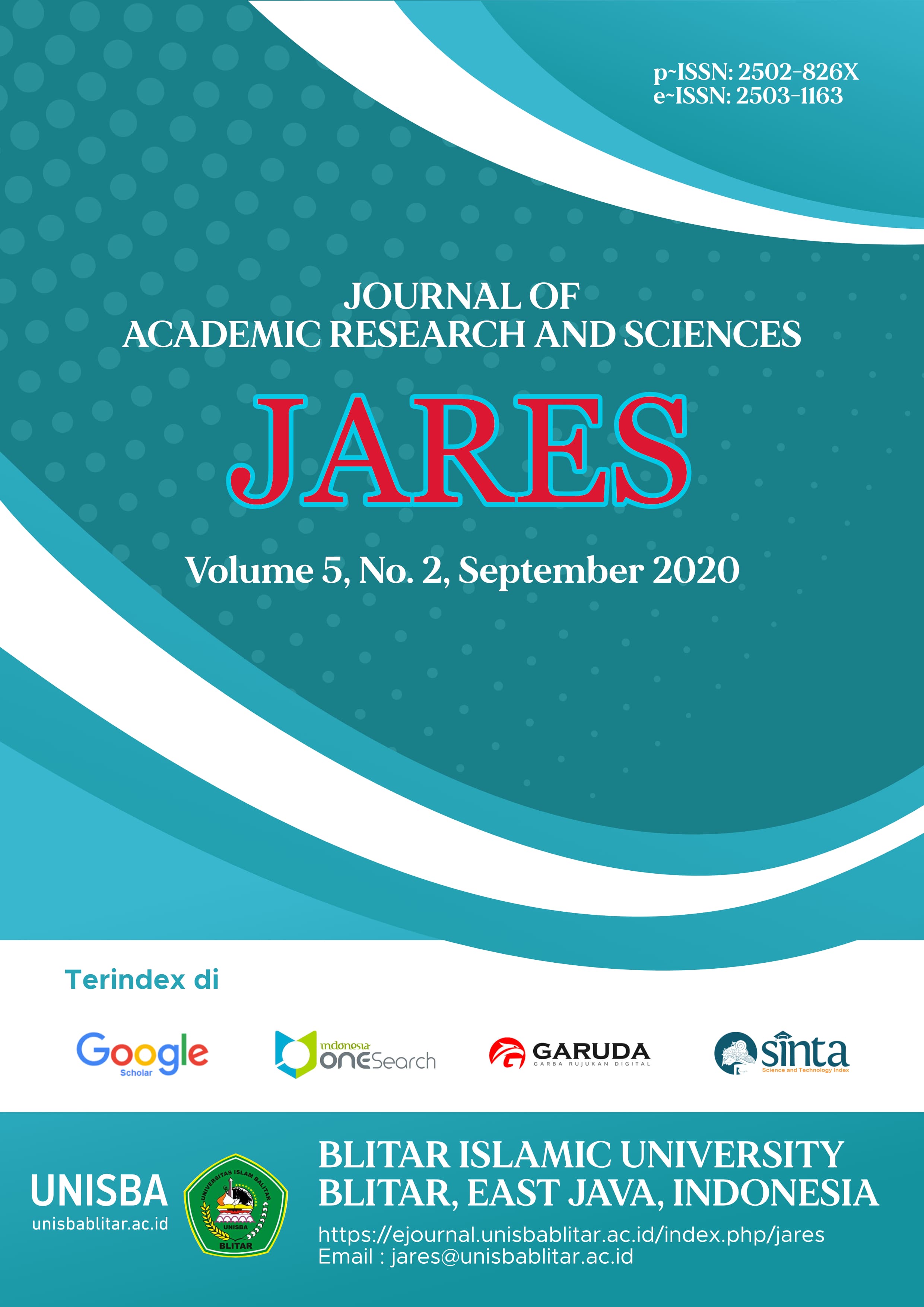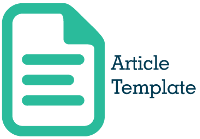THE ROLE OF NON-GOVERNMENTAL ORGANIZATION IN CREATING AWARENESS OF GLOBAL ENVIRONMENTAL ISSUES: DISCOURSE ANALYSIS OF THE 2016/2017 GREEN SCHOOL ANNUAL REPORT
DOI:
https://doi.org/10.35457/jares.v5i2.1025Keywords:
Awareness, Public Relations, Environment, Discourse AnalysisAbstract
As a Non-Governmental Organization, Green School Bali takes its role not only to educate young generation, but also to creat awareness about environmental issue. This study used qualitative research and theory of discourse analysis. All data collected both from Green School Bali annual report and also print and online sources. The researcher found out that Green School Bali has played a role in the implementation of mobilization by providing schools and all the attributes in it that were very concerned and also supported the elements of sustainability for a better long-term life. Secondly, Green School Bali also has acted as a service delivery actor by directly involving in maintenance efforts as well as counseling about the importance of maintaining the environment. Thirdly, as a catalyst, Green School Bali has succeeded in inspiring many groups to care about environment. And as a partner, Green School Bali has established cooperation with several parties to support sustainable lifestyles and also raise the global public awareness of the sustainability system.
Downloads
References
Bakry, U. S. (2016). Bakry, U. S. (2016). Metode Penelitian Hubungan Internasional. Yogyakarta, . Yogyakarta: Pustaka Pelajar.
Copsey, T., Dalimunthe, S., Hoijtink, L., & Stoll, N. (2013). Indonesia: Bagaimana orang Indonesia hidup di tengah perubahan iklim dan bentuk komunikasi apa yang dapat dilakukan. London, United Kingdom: BBC Media Action.
Direktorat Jenderal Pengendalian Perubahan Iklim - Kementerian Lingkungan Hidup dan Kehutanan. (n.d.). REDD+. Diperoleh dari Knowledge Centre Perubahan Iklim:
http://ditjenppi.menlhk.go.id/kcpi/index.php/aksi/redd
Green School Bali. (2018). Green School Annual Report 2016/2017. Diperoleh dari Green School Bali: https://www.greenschool.org/wp-content/uploads/2018/02/Green-
School-Annual-Report-2016-17.pdf
Green School Bali. (n.d.). About. Diperoleh dari Green School: https:// www.greenschool.org/about/
Hijauku. (2014, August 29). PBB Dukung 'Green Education Program' di Indonesia. Diperoleh dari Hijauku: http://www.hijauku.com/2014/08/29/pbb-dukung-green-
education-program-di-indonesia/
Kinsman, J. (2017). Is this the world’s coolest school? Diperoleh dari The Times: https:// www.thetimes.co.uk/article/is-this-the-worlds-coolest-school-lkn8nvhq0
Lewis, D., & Kanji, N. (2009). Non-Governmental Organisations and Development. New York: Routledge.
Pambayun, E. L. (2013). One Stop: Qualitative Research Methodology in Communication: Konsep, Panduan, dan Aplikasi. Jakarta: Lentera Printing.
Punch, K. F. (2009). Introduction to Research Methods in Education [DX Reader version,
Diperoleh dari https://bit.ly/2wCe2y6
Randhawa, S. (2017). How students around the world are learning in new ways. Diperoleh dari CNN: https://edition.cnn.com/2017/09/18/health/gallery/schools-learning-new- ways/index.html
United Nations. (1992). United Nations Framework Convention. Diperoleh dari UNFCCC: https://unfccc.int/files/essential_background/background_publications_htmlpdf/ application/pdf/conveng.pdf
Vanderbilt, T. (2017). The School Prepping for Apocalypse. Diperoleh dari The New York Times: https://www.nytimes.com/2017/11/13/t-magazine/bali-green-school.html

Downloads
Published
Issue
Section
License
Authors who publish with this journal agree to the following terms:
- Copyright on any article is retained by the author(s).
- Author grant the journal, right of first publication with the work simultaneously licensed under a Creative Commons Attribution License that allows others to share the work with an acknowledgement of the work’s authorship and initial publication in this journal.
- Authors are able to enter into separate, additional contractual arrangements for the non-exclusive distribution of the journal’s published version of the work (e.g., post it to an institutional repository or publish it in a book), with an acknowledgement of its initial publication in this journal.
- Authors are permitted and encouraged to post their work online (e.g., in institutional repositories or on their website) prior to and during the submission process, as it can lead to productive exchanges, as well as earlier and greater citation of published work.
- The article and any associated published material is distributed under the Creative Commons Attribution-ShareAlike 4.0 International License













